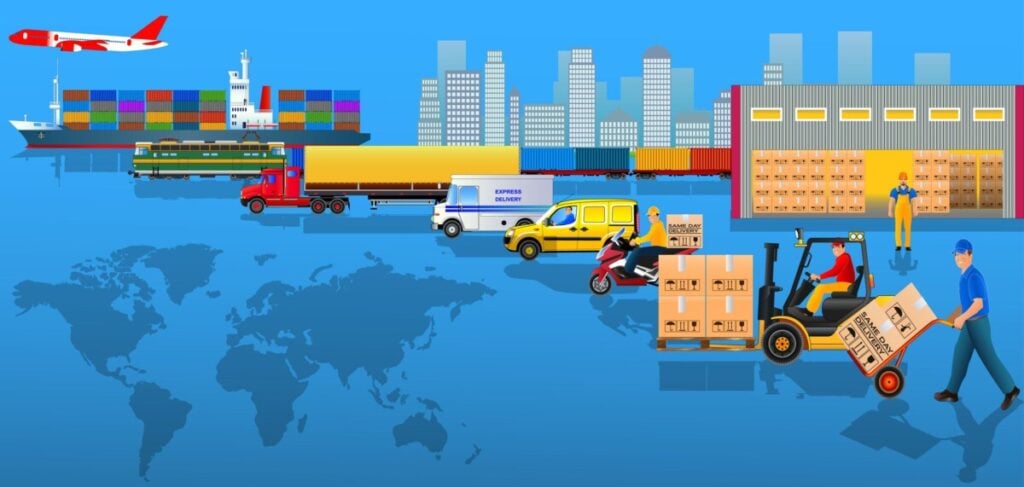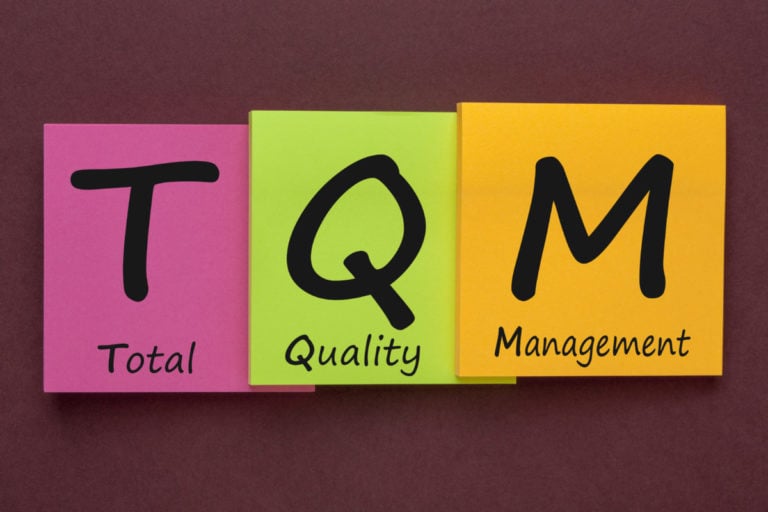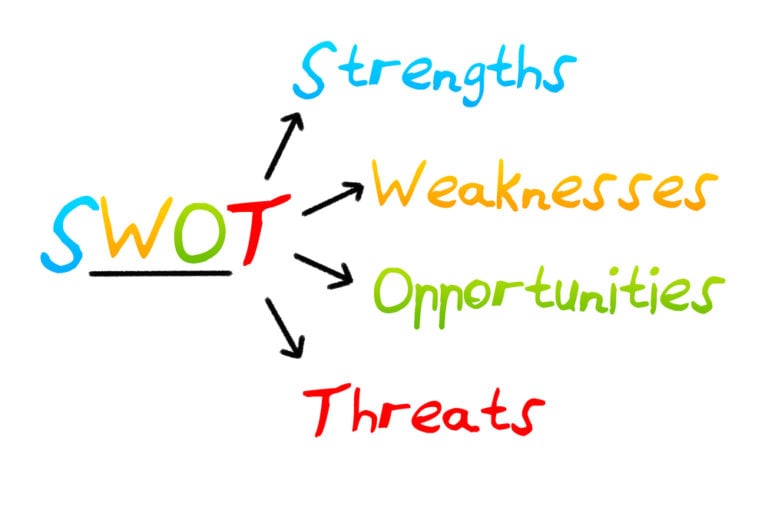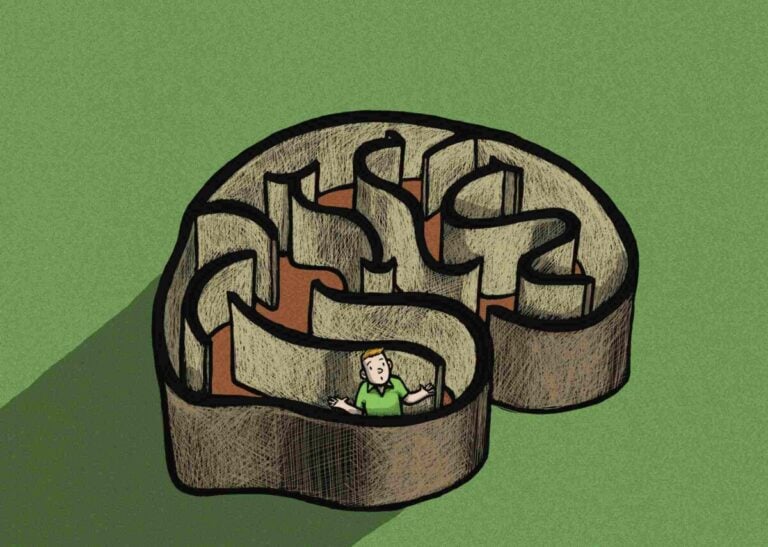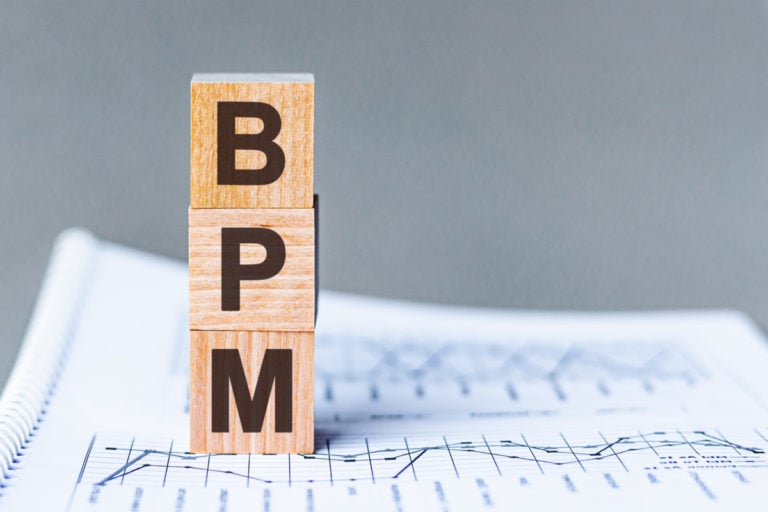Logistics is one of the key industries in modern business, which plays an important role in the efficient organization of the process of moving goods from producer to consumer.
- Basic concepts and principles
- History of logistics development: from primitive societies to modern technologies
- The role of logistics in modern business: advantages and challenges
- Main types of logistics: an overview of transport, warehouse and information logistics
- The importance of efficient logistics for successful work and career growth
However, despite the fact that the concept of logistics has become widely known and is used everywhere, many still do not fully understand what exactly it means and what functionality it includes.
What is logistics? In a broad sense, this term refers to the management of the flow of material and information resources at all stages of the supply chain. It includes the planning and coordination of all activities related to the movement of goods, from purchase and production to delivery to the final consumer. In a narrow sense, logistics is the management of the transportation and warehousing of goods, but it also includes product quality control, cost optimization and risk minimization.
All these aspects of logistics are of fundamental importance for business. The operational and efficient functioning of the logistics system can provide the company with a competitive advantage in the market. Proper organization of logistics processes can significantly reduce the cost of storage and delivery of goods, increase the speed of deliveries and improve the quality of customer service.
Working in logistics can be challenging, but it offers many opportunities for professional development and career advancement.
Basic concepts and principles
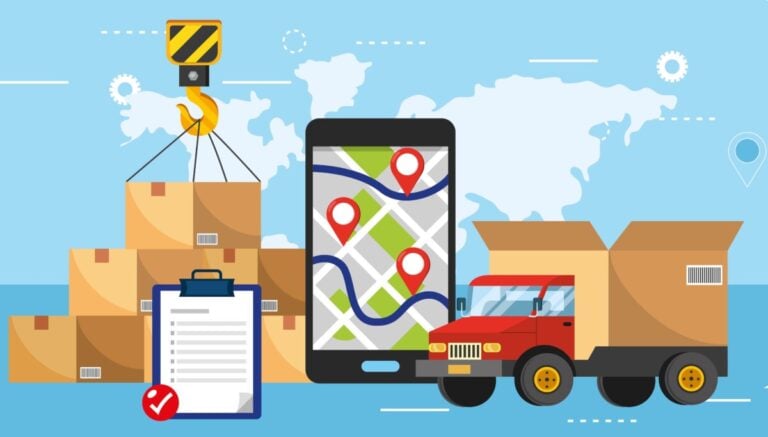
One of the key concepts is “procurement”, which covers the process of acquiring the necessary materials and components for the production of goods or the provision of services. An important element of sourcing is “inventory optimization”, which strikes a balance between keeping inventory costs to a minimum and ensuring that the right amount of material is available.
Another key concept is “transportation” – the movement of goods from one place to another. It can be carried out in various ways, such as road, rail, sea or air transport. The efficiency of transportation depends on the choice of the optimal route and means of delivery.
One of the principles of logistics is an “integrated approach”. It provides for the consideration of all stages of the process, from the supplier to the client.
History of logistics development: from primitive societies to modern technologies
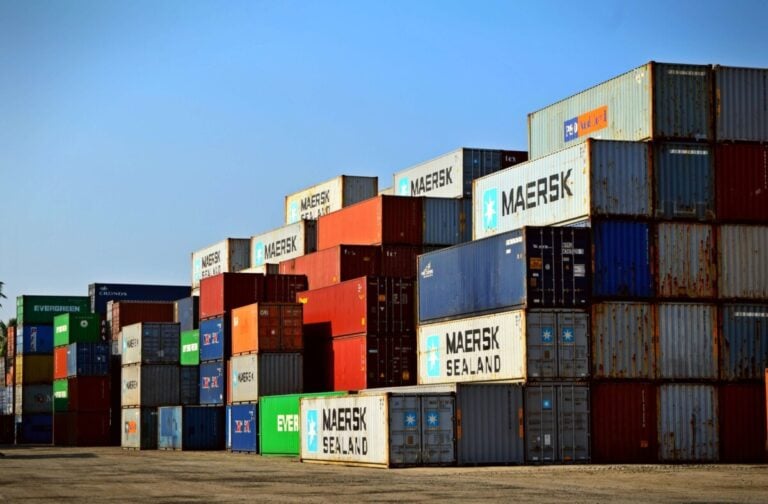
With the passage of time and with the development of trade, it became necessary to organize the delivery of goods from one place to another. In ancient Egypt, special carriages and camels were already used to transport goods.
During the Middle Ages, trade began to flourish and a need arose for more sophisticated logistics systems. Thus, the Hanseatic League – an association of merchant cities in Northern Europe – created its own system for the delivery of goods by sea.
With the development of industry in the 18th and 19th centuries, logistics took on new forms. The use of steam engines and railways made it possible to significantly speed up the transportation of goods and expand the geography of trade.
In the 20th century, with the development of road transport and aviation, logistics became even more complex and diverse. The introduction of computer technology has significantly improved supply chain management, optimized delivery routes and minimized costs.
The role of logistics in modern business: advantages and challenges
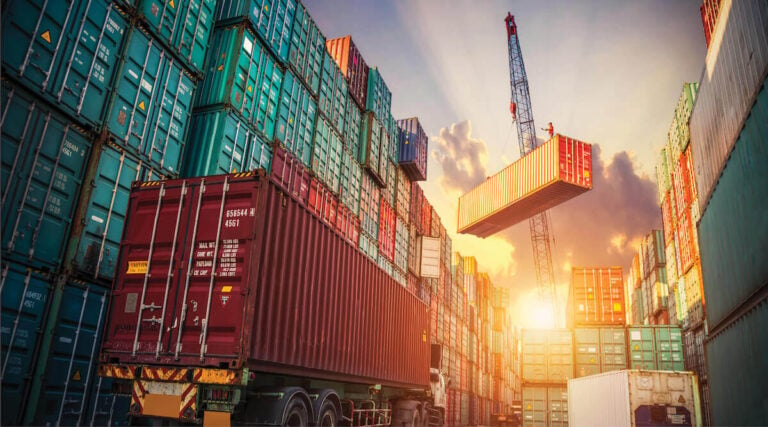
One of the main advantages of logistics is to reduce the cost of transporting and storing goods. By properly organizing logistics processes, companies can significantly save on the cost of shipping and storing goods, which contributes to increased profits.
In addition, logistics allows you to optimize the stock of goods in the warehouse. Through accurate demand forecasting and the use of modern information systems, companies can minimize the amount of inventory required, which helps to avoid overproduction or stockouts.
However, the role of logistics also comes with challenges. In a rapidly changing market, companies need to be prepared to adapt and constantly improve their logistics processes. In addition, logistics faces the challenge of managing complex supply chains and providing high quality services.
In general, the role of logistics in modern business is undeniable.
Main types of logistics: an overview of transport, warehouse and information logistics

Transport logistics is responsible for organizing the delivery of goods from the place of production to the final consumer. It includes the choice of the optimal transport, the calculation of the route and delivery time, as well as monitoring the implementation of the plan.
Warehouse logistics deals with the efficient management of warehouse space and stocks of goods. Its task is to ensure the timely receipt of goods at the warehouse and their delivery to customers. As part of warehouse logistics, quality control of goods and accounting for balances are also carried out.
Information logistics is an integral part of the entire logistics process. It provides for the collection, processing and transmission of information about cargo, transport, warehouses and other elements of the logistics chain. This allows you to coordinate the work of all participants and ensures transparency of the entire process.
The importance of efficient logistics for successful work and career growth
Efficient logistics helps to reduce the time of delivery of goods, which allows you to quickly meet the needs of customers. Fast delivery is one of the main success factors in today’s competitive world. A company that is able to offer its customers fast and reliable delivery can attract more customers and strengthen its image.
In addition, efficient logistics helps to optimize the cost of storing and transporting goods. Businesses need to strive to minimize costs while maintaining a high quality of service. Logistics allows you to reduce costs, optimize stocks and increase the efficiency of resource use.
Successful career growth is also inextricably linked with logistics.
